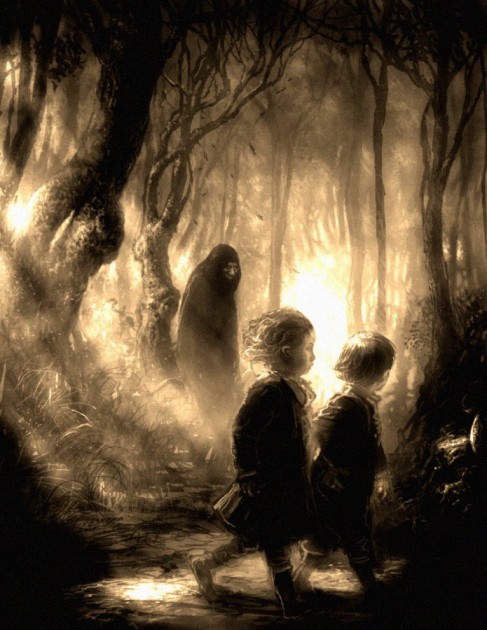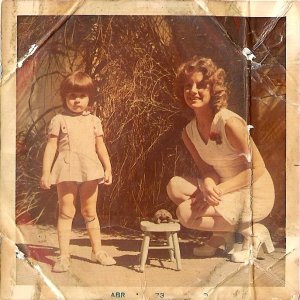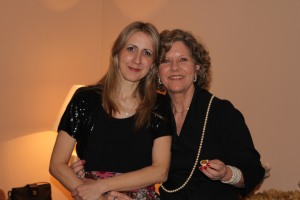
“ – Já comemos tudo o que havia em casa, só nos resta meio pão, e com ele acaba a ração. É necessário que as crianças se vão embora; desta vez, porém, os conduziremos mais para o embrenhado da floresta, a fim de que não encontrem o caminho para voltar. Não nos resta outra solução.” ( Joãozinho e Margarida, Contos e Lendas dos Irmãos Grimm, 1962)
Com essas palavras, a madrasta sela o destino de Hansel e Gretel, ou João e Maria ( ou Margarida, em algumas traduções). Com a escassez de alimentos até para si, os pais decidem abandonar os filhos na floresta, mesmo sabendo dos perigos que lá se escondem. A solução parte da madrasta (mãe nas versões coletadas pelos Grimm e depois modificada para madrasta pelos próprios), mas o desconforto inicial com a situação de pobreza é do pai, que recorre à esposa para que lhe diga o que fazer. Na primeira tentativa as crianças acham o caminho de volta seguindo uma rota de pedriscos traçada por Joãozinho. Na segunda isso não acontece, pois o menino usa pedaços do pão que teria como alimento para aquele dia para traçar uma nova rota, e as migalhas do pão acabam sendo comidas pelos pássaros.
Com fome e assustadas, as crianças deparam-se com uma casa diferente, toda feita de guloseimas. Imediatamente começam a comer os pedaços da casa e são surpreendidos por uma simpática velhinha, que os acolhe e os convida a permanecer com ela. Passado o primeiro dia, a atitude da velha muda, e faz de Maria sua escrava e de João seu prisioneiro, para que engorde e possa virar seu jantar. As crianças conseguem ludibriar e matar a bruxa queimada no forno, pegar seus tesouros, fugir, achar o caminho de volta e viver com o pai, pois a madrasta havia morrido. Ao chegarem em casa com os tesouros, todos os problemas acabam e vivem felizes para sempre.
Crianças embrenhadas na floresta não são novidade nos contos populares. Chapeuzinho Vermelho tomou o caminho da floresta. Entretanto, a diferença principal entre Chapeuzinho Vermelho e João e Maria, é a de que Chapeuzinho entra na floresta porque quer e João e Maria lá são abandonados pelos próprios pais.
A negligência paterna é dolorosa, mas a negligência materna é devastadora. A mãe é o alimento, inicialmente concreto e mais tarde simbólico, dos filhos. O olhar da mãe para o filho é o que o empurra adiante ou o puxa para trás. Usando de simbolismo, quando uma mãe se nega a alimentar os filhos em detrimento de suas próprias vontades e os abandona à própria sorte, a bruxa da floresta os recebe e os põe à prova.
A bruxa de João e Maria é a típica bruxa de histórias infantis. De aparência castigada e desleixada, no princípio fingindo ser boazinha como uma avozinha, mas revelando-se cruel e sem piedade logo em seguida, essa velha antropófaga herdou muito de sua ancestral Baba Yaga, personagem característica do folclore eslavo, mas que tem suas origens nas divindades pagãs.
Baba Yaga é às vezes vilã, e às vezes uma fonte de esperança; há histórias nas quais ela ajuda as pessoas em suas buscas e há outras em que ela as captura e ameaça comê-las. Buscar seu auxílio é geralmente muito arriscado. No entanto, os que conseguem sobreviver ao encontro saem transformados.
Entre o abandono dos pais e as provações da Baba Yaga dos Irmãos Grimm, as crianças vão tentando sobreviver, usando de meios que aprenderam com os próprios adultos, como a mentira e o roubo. A bruxa finge que não vê (na história ela é cega) e vai deixando que eles encontrem um meio de resolver seu problema. Ironicamente, a bruxa cega foi o único adulto que os “enxergou”, que reconheceu sua presença, com eles interagiu e colocou-lhes limites. Ao estilo de bruxa, mas enfim…
A relevância dessa história nos dias de hoje se encontra no que ela simboliza: adultos incapazes de cuidar de si mesmos (não no aspecto financeiro, mas emocional) que decidem ter filhos e depois os abandonam emocionalmente, pois simplesmente não conseguem dar o que não possuem. Ou seja, a exemplo dos pais de João e Maria, se não conseguem dar conta de sua vida adulta, se não conseguem ser pai/mãe de si mesmos (se não há “alimento” para eles próprios) não há maneira que consigam fazê-lo para outras pessoas. E o resultado é que as crianças são abandonadas em suas florestas escuras interiores sem saber como trilhá-las, na iminência de encontrarem-se com feras e bruxas, ou seja, com medos, dúvidas e com a auto-destruição. Exigir de uma criança que dê conta de sua própria caminhada sem ensinar-lhe os melhores caminhos e os truques para se proteger é condená-la a acreditar que não há nada de errado em uma casa feita só de doces, e que essa casa está lá só esperando para ser devorada por ela. A criança faminta emocionalmente se joga em tudo que possa saciar sua fome, em tudo que possa compensar o que ela não recebeu. Não interessando a quem as coisas pertençam, a criança faminta as quer para ela, e considera uma injustiça não ter tudo o que quer.
Não existem pais e mães perfeitos. Mas devem existir pais e mães interessados em seus filhos. Devem existir homens e mulheres que exerçam sua vontade ao não querer ter filhos, e não ao tê-los e depois não ampará-los. O mundo está cheio de “pobres crianças ricas”, com tudo o que o dinheiro pode comprar e ajudar a saciar, mas que mendigam por um momento de atenção da mãe ou do pai. Não falo aqui de pais e mães que trabalham mas que mesmo assim têm um momento para os filhos, pois os mesmos são e sempre serão suas pessoas mais queridas. Falo, principalmente, de quem não vê em seus filhos sua grande prioridade na vida, de quem os usa como instrumentos de suas vontades, como propaganda de sua suposta felicidade familiar, comprada no supermercado e exposta nas fotografias.
Uma sociedade formada de Joãos e Marias é uma sociedade doente, estressada, consumidora de pílulas mágicas e de prazeres vazios. É uma sociedade que põe toda a culpa na bruxa.




